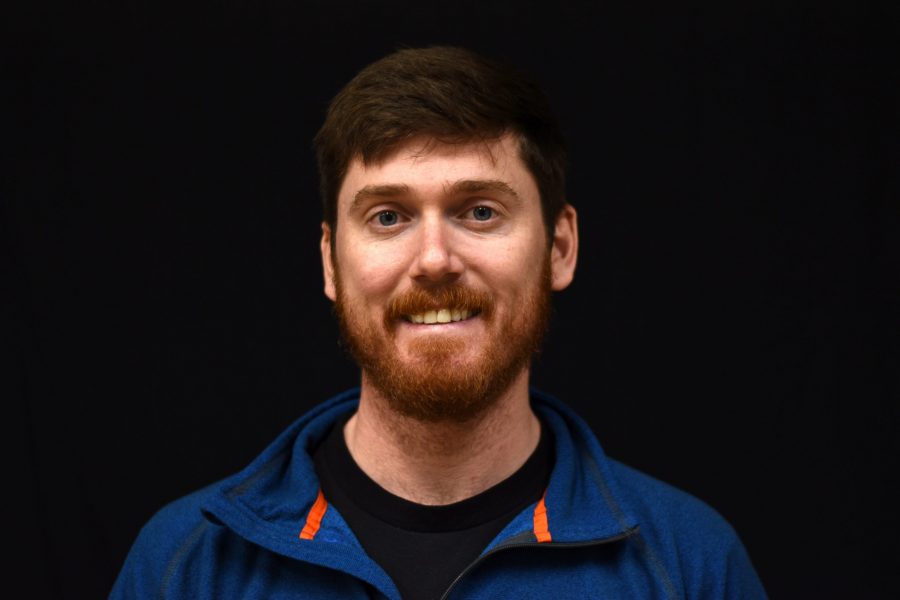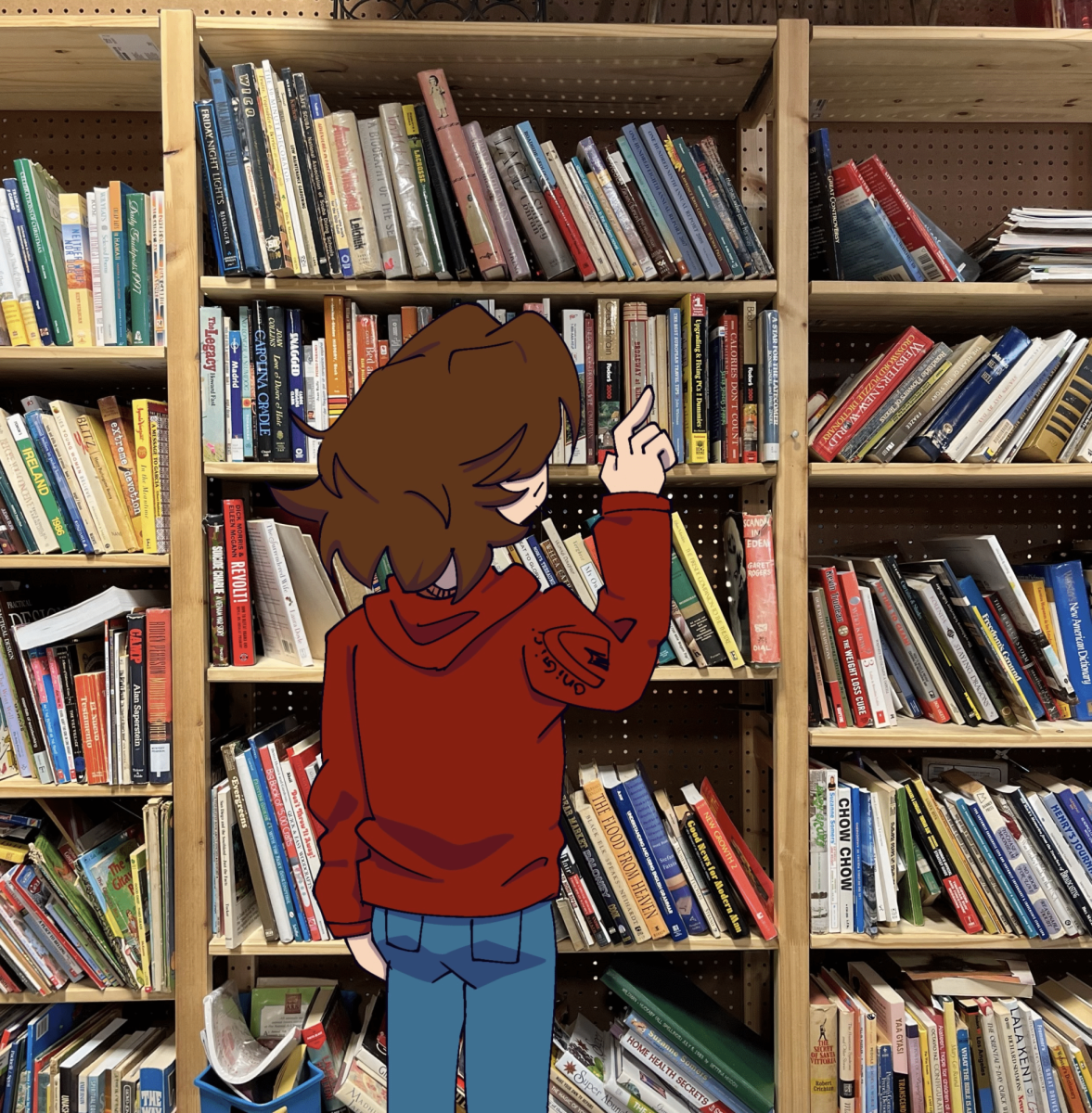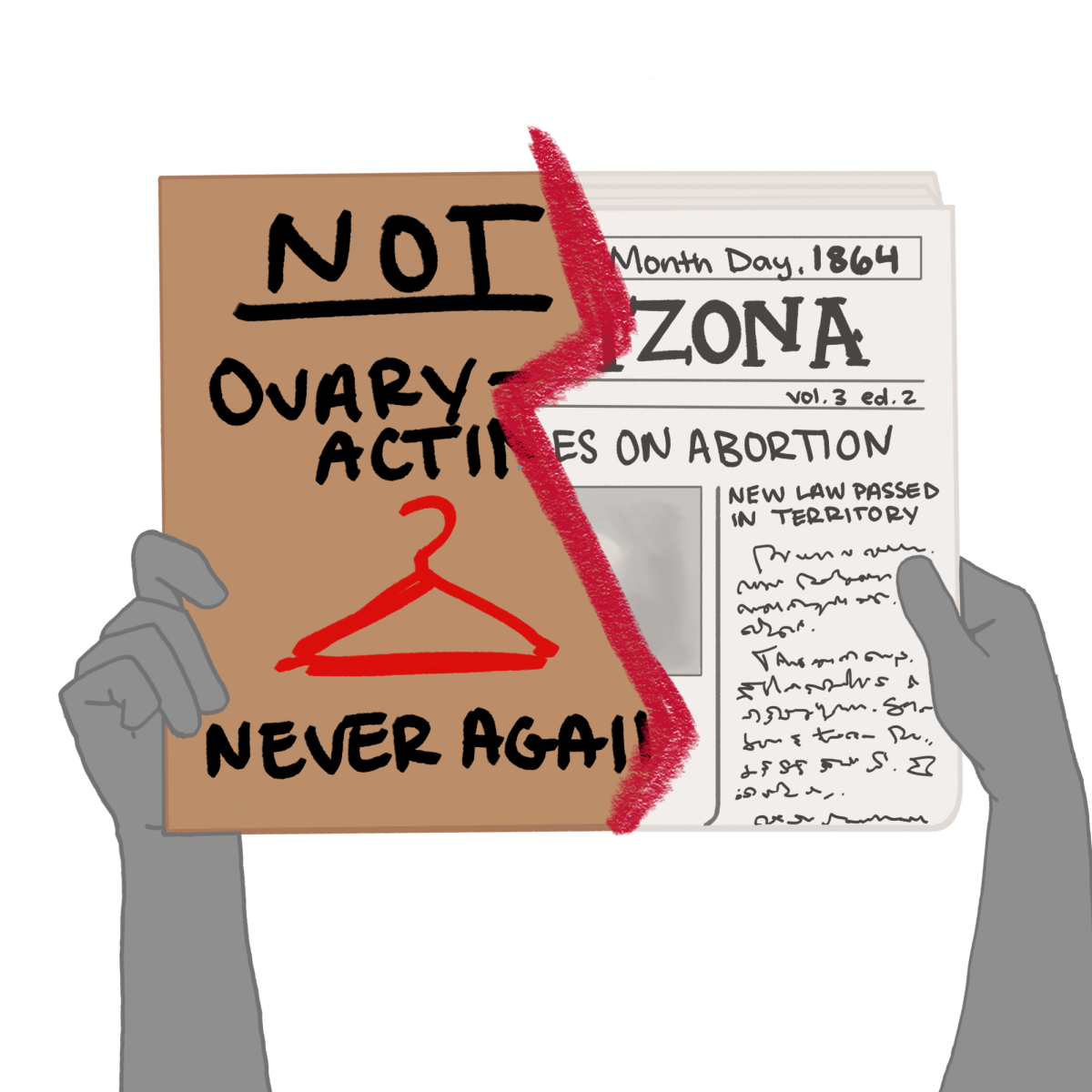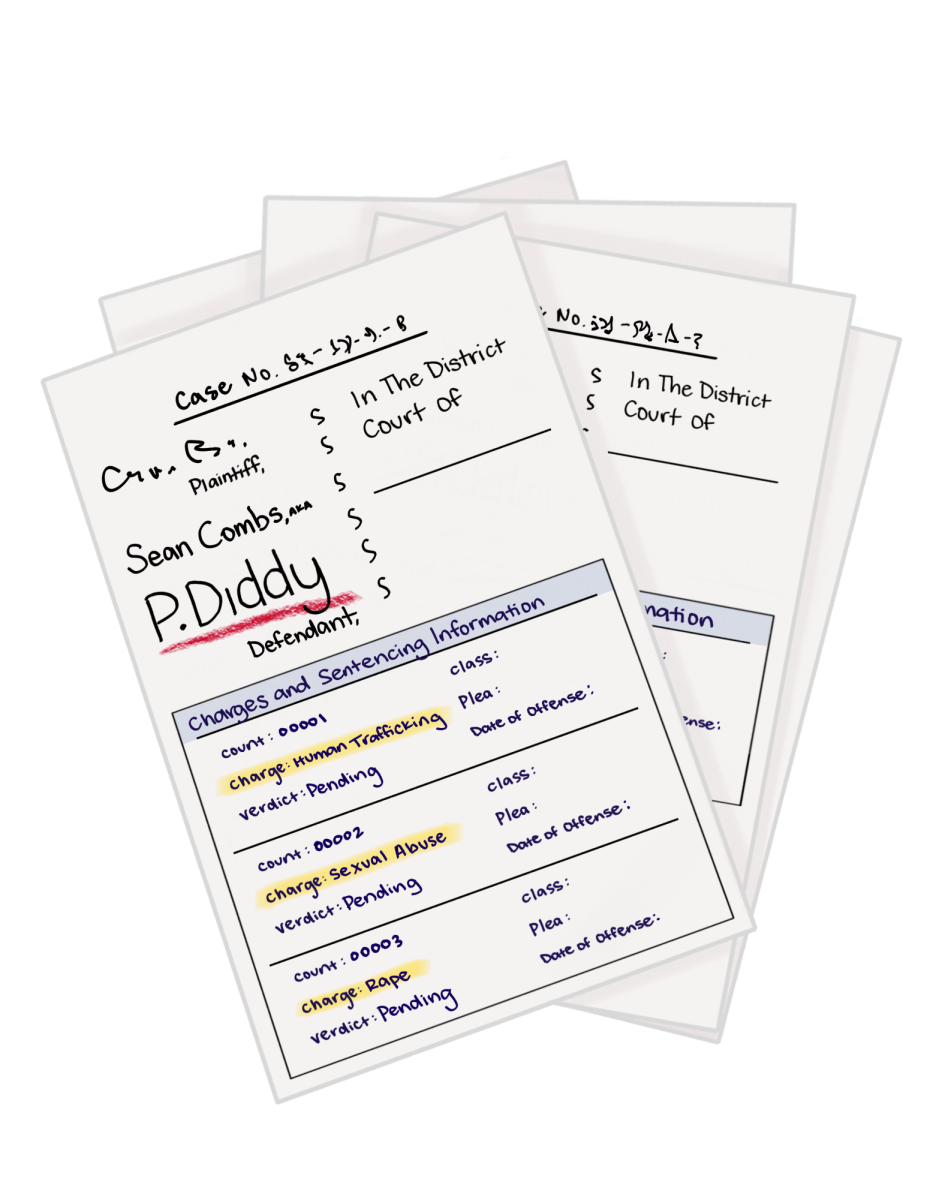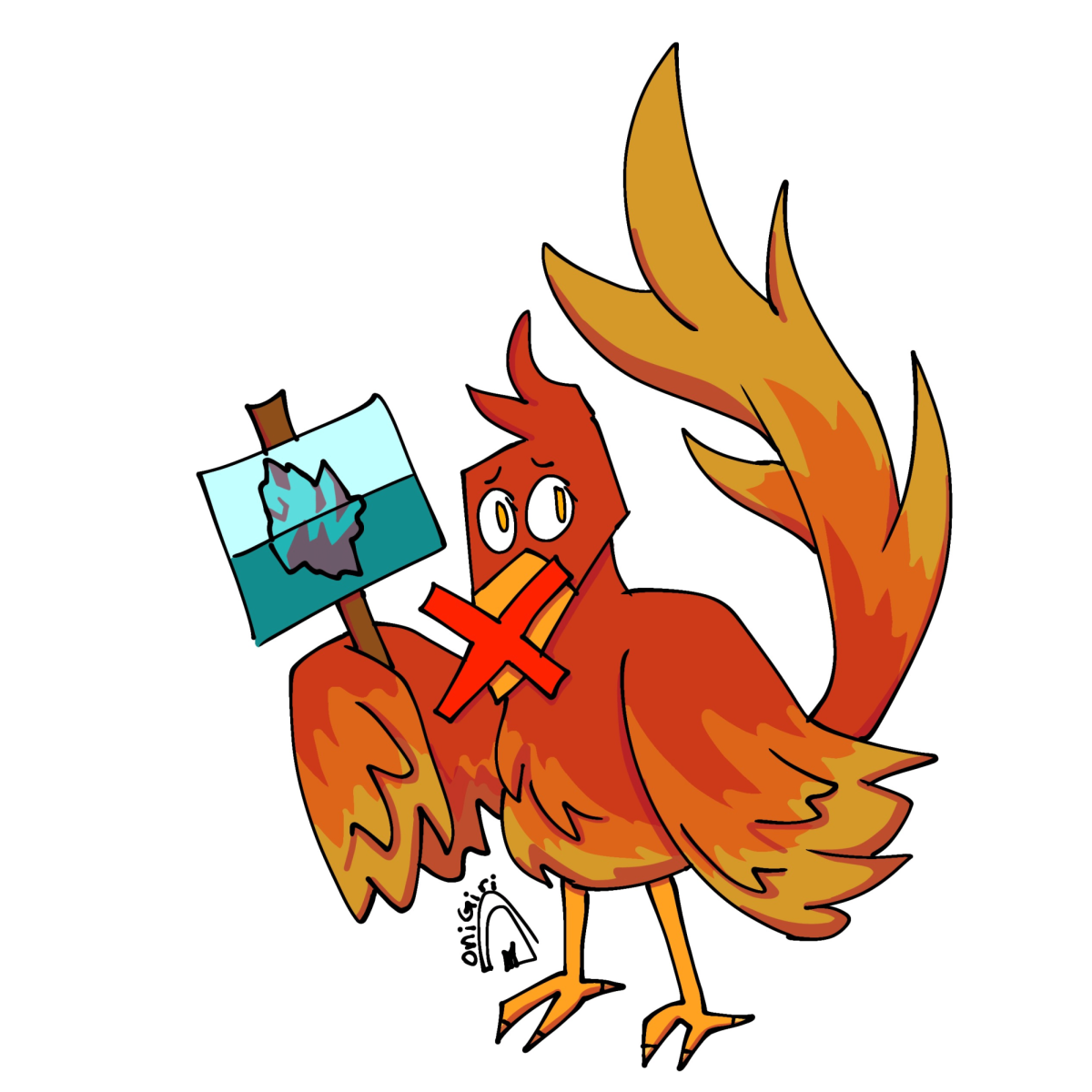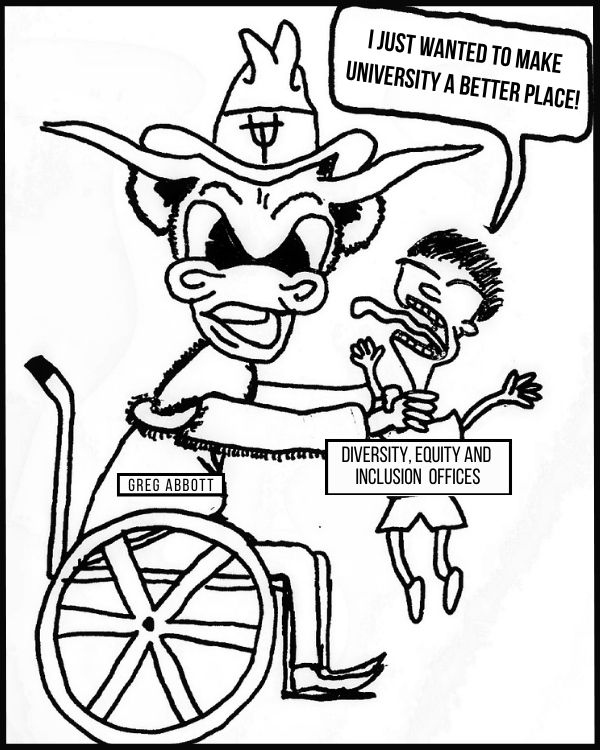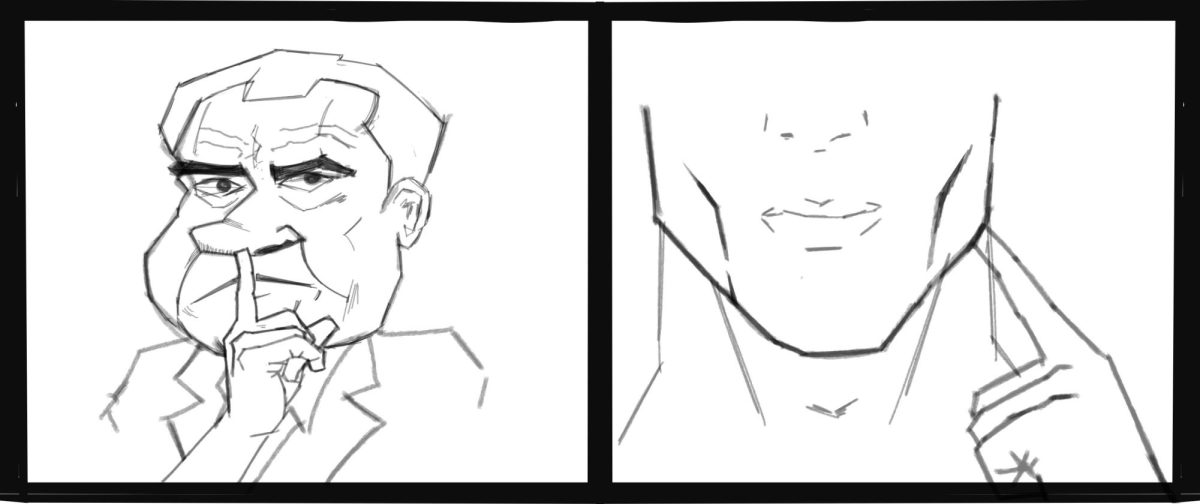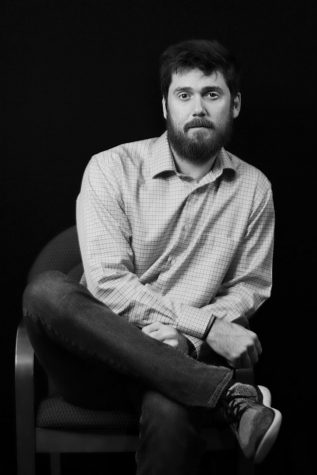Imagine having unlimited information in the palm of your hand. How would you use this power? The First Amendment protects an individual’s right to freedom of speech and freedom of the press. Regrettably, not everyone uses these freedoms for good. So, it falls on consumers of information to ensure the validity of the sources we choose to indulge.
While we may not live in the future George Orwell predicted in his book 1984, something about “fake news” rings a bell. His book defines a term that I’d like to discuss in a modern context: doublethink. This term is defined as “the acceptance of a mental capacity to accept contrary opinions or beliefs at the same time, especially as a result of political indoctrination.”
Confused? Don’t be. You know exactly what this term means and doesn’t mean: This is an example of doublethink. Now, back to your power to summon information on command. Depending on the source you choose, it is possible to view contradicting opinions published about the same topic. Unfortunately, we find ourselves in a political climate that presents counterfactual content, or “fake news,” as fact. So, my question is, who has the authority to decide what news is fake or not? My answer is none of us and all of us.
Whether our intention is to doublethink or not, we do it regularly. It occurs without notice and promotes quarrel. Even so, doublethink doesn’t have to be obstructive; analogous to the Orwellian sense. I have my opinions, but I should also consider the source of other’s opinions simultaneously. It isn’t a matter of whether I believe them to be true, I still have to accept the counterpoints of someone else’s reality. This allows me to better understand how other people paint their view of the world.
Unfortunately, “fake news” makes the entire process more opaque. Collectively, we choose what narrative to accept and disburse into our social circles, but if we strictly adhere to the first source we view, odds are we aren’t looking at the entire picture.
Misinformation in media is becoming a trend and this is unacceptable. Additionally, media is now consumed in the most convenient way: using our special powers to summon information instantaneously. However, society has become careless with the saturation of information available. It’s easier to retweet a catchy headline than to verify its contents.
A recent example of this is the Beto O’Rourke sticker that was not found on the back of the Odessa-Midland shooter’s vehicle. A viral claim that the shooter was a “Democratic Socialist who had a Beto sticker on his truck” had no factual verification. The Texas Department of Public Safety confirmed there was no evidence of this sticker existing in its stated context. Heed: The spread of misinformation is nonpartisan and applies to all political ideologies.
Ultimately, this boils down to our responsibility to be intelligent consumers of information. What about the articles with over 50,000 retweets or likes on Facebook? I don’t believe that social acceptance is an indicator of authenticity. Especially when click-bait titles are littered across the internet. Yet, we continue the spread of misinformation on a societal level. So, how can we do better?
I implore everyone to engage in civil discourse instead of argument. This is an easy starting point. Actively seek information that challenges your way of thinking. Work to remove your confirmation bias and take the time to listen to other’s opinions. Doublethink in a productive manner as opposed to playing catchup to the latest “fake news.” This should encourage individuals to reciprocate the gesture. If it does not, simply walk away because at that point you are not speaking with a rational person.
The opinions of others will reflect the information they have consumed, whether or not they have thought them through critically is that person’s responsibility. The truth might not always be the first thing you hear or read, but constructive dialogue leads to progressive reasoning. Inclusivity of opinions will benefit our shared quest for the truth. I encourage everyone to embrace it purposefully.






